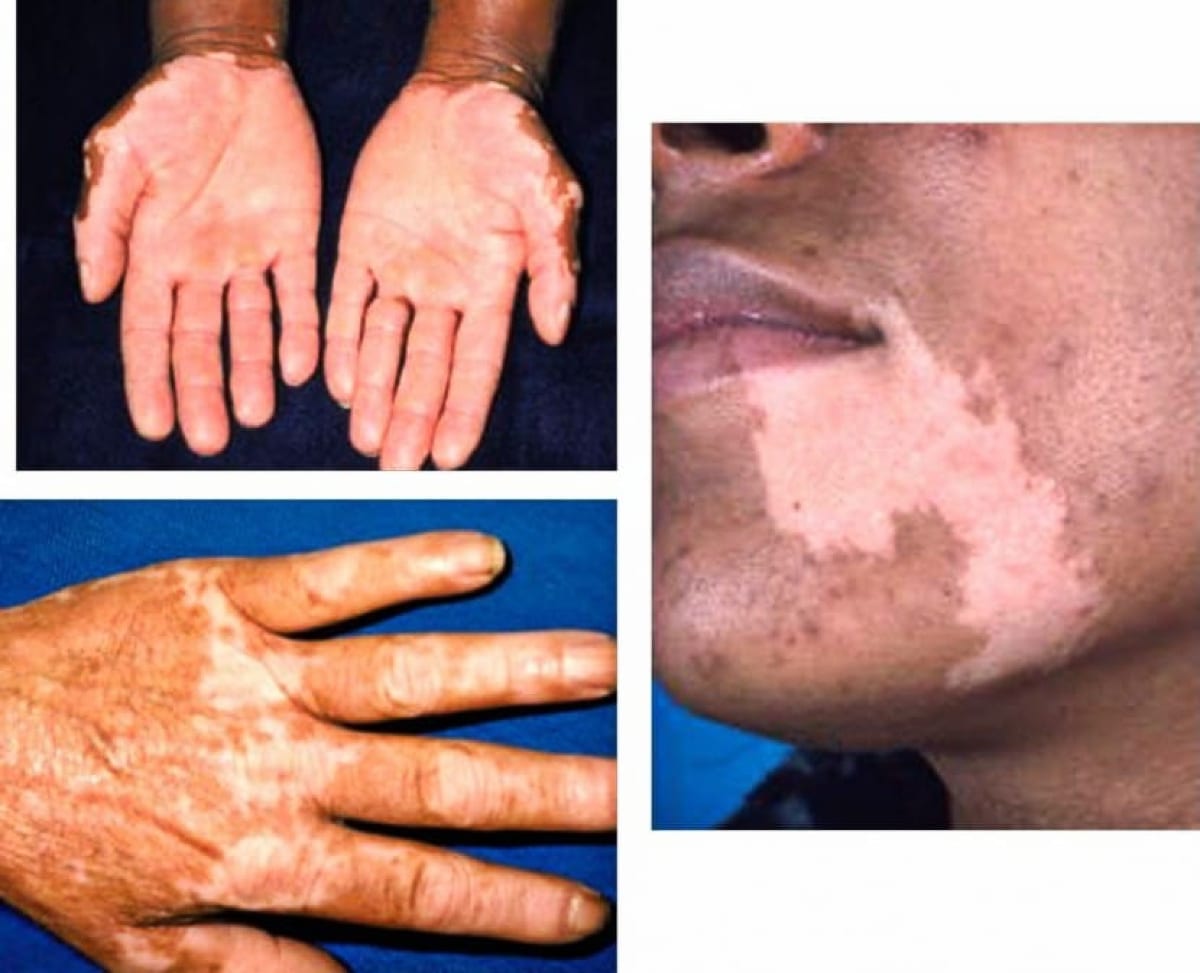
Addison's disease is caused by the destruction of the cortex of each of the adrenal glands. This means that the adrenal gland loses its ability to produce glucocorticoid hormones, particularly cortisol, aldosterone, and the sex steroids. People with this disease develop symptoms as a result of this loss of adrenal hormones.
Regarding the Addison's disease symptoms, it must be said that these symptoms usually appear very gradually. This is because it takes months or even years for the adrenal cortex suffers significant damage enough to cause symptoms in the person. In general, symptoms such as tiredness, weight loss, feeling faint, joint pain, as well as depression can be identified.
What is Addison's disease?
This disorder occurs between 4 of 100.000 individuals per year. It occurs in both sexes, at any age and is usually more recurrent in situations of metabolic stress, when there is trauma or infection. The adrenal glands are located just above the kidneys and when they are affected, they create a small amount of certain hormones, including cortisol and aldosterone.
Addison's disease is also known as adrenal insufficiency. The most common cause of this disease is autoimmunity, which is why it is often called autoimmune Addison's disease. Normally, the body's immune system attacks viruses and bacteria that invade it, however, when it comes to autoimmunity, the immune system goes wrong attacking and destroying the adrenal cortex as if it were an infection. To put it another way, the adrenals are damaged by an autoimmune disease and where the autoimmune system attacks the cells and organs of the person himself.
When there is an acute infection it is because sepsis has occurred. Other causes may be from surgery, trauma, or sodium loss due to excessive sweating. When a conclusion is not reached, it can be considered that there has been an adrenal crisis and treated inadequately or an inadvertent excess of hormonal replacement.
Other infections that can cause Addison's disease: The tuberculosisis one of the most common consequences. Or when you have VIH / PAGE where the immunodeficiency cannot fight the infections that have been caused by Addison's disease.
Symptoms of Addison's disease
Symptoms come on slowly they can manifest little by little and in the end end up with a disease which has been progressively advancing. In many of the cases a stress situation or injury is created which makes the symptoms worse. The following symptoms may occur:
- Extreme fatigue appears. The main symptom is when there is extreme tiredness together with muscle weakness, leading to muscle spasms. The lack of production of cortisol and aldosterone are the causes of this sign.
- Low blood pressure, with headaches, dizziness and even fainting. Slow, drowsy movements and a lack of concentration can also occur. You will feel an intolerance to cold and heat.
- Abdominal pain.
- Nausea, diarrhea, or vomiting (usually gastrointestinal problems).
- Weight loss and decreased appetite. The other symptoms must be checked so that this signal is not confused with a sign of stress or anorexia.
- Hyperpigmentation, where the skin darkens. When ACTH (a hormone produced by the pituitary gland) increases and cortisol decreases, hyperpigmentation of the skin occurs. It appears anywhere on the body, with spots in the form of patches or wrinkles. In other cases vitiligo occurs, it is the opposite symptom of skin hyperpigmentation, where skin paleness occurs.
- I really want to eat salt. This is due to lack of partner in the body and plasma volume. Lack of aldosterone also causes cravings for salty foods.
- Blood pressure is low with the possibility of feeling great dizziness when standing.
- Hypoglycemia: low blood sugar.
- Diabetes insipidus.
- suddenly appear food and drug intolerances.
- Need to urinate very often.
- Lesions inside the mouth. The most common problems will be between ulcers and sores.
- Pain in muscles and joints.
- body hair loss and sexual dysfunction in women.
- depression and irritability. There are important changes with emotions, doctors or professions often confuse it because they are going through a moment of stress or some psychological disorder. In these cases, antidepressants are prescribed and even have worse consequences because they create adrenal insufficiency.
When suffering from acute adrenal insufficiency, symptoms can appear suddenly and suddenly. Before the appearance of these signs, it is necessary to go to the emergency doctor so that a life-threatening shock is not caused. Among these signs:
- Disorientation.
- General weakness and low blood pressure.
- Pain in the lower back and legs.
- Intense abdominal pain, with diarrhea and vomiting.
How Addison's Disease Is Diagnosed
The diagnosis will be made through clinical trials. It is necessary to gather many of the symptoms so that an assessment can be made and other types of tests can be carried out.
- Will be performed a blood test to assess blood levels of sodium, hydrocortisone, potassium, and adrenocorticotropic hormone that stimulates the adrenal cortex to produce hormones. will also be valued the measurement of antibodies.
- An adrenocorticotropin hormone stimulation test. You have to measure its levels since it is the cause of ordering the adrenal glands to produce hydrocortisone.
- A hypoglycemia test insulin induced. It involves checking blood sugar (glucose) and hydrocortisone levels after giving an insulin injection. In healthy people, glucose levels decrease without problem and hydrocortisone levels increase.
- An imaging diagnosis where a CT scan of the abdomen area is performed to observe the size of the adrenal gland and detect if there are any abnormalities. Another shot that may be ordered is an MRI of the pituitary gland.
Treatment that can be prescribed
The treatment will be through medication. You have to correct the levels of steroid hormones that the body does not produce. When taking these medications, hydrocortisone, prednisone or methylprednisolone will be formulated to replace cortisol. Fludrocortisone acetate will also be prescribed to replace the aldosterone.


